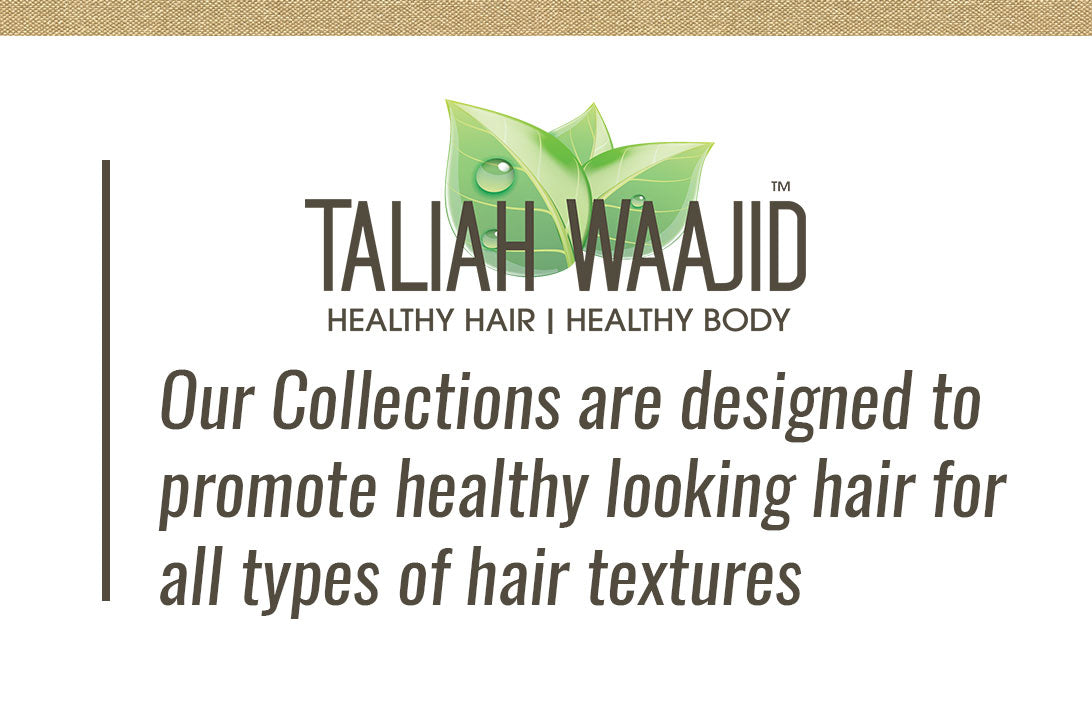Four years ago, I experienced my second miscarriage in as many years. The first loss caused me great anguish. I kept wondering why. What had I done wrong? What was the matter with my body? But I carried on and became pregnant again. The second miscarriage was devastating. It happened a mere three days after my last doctor’s visit—a visit in which I’d heard my baby’s heartbeat and took home an image of the sonogram. I’d never known pain like that before and I will never get over it.
A year and a half later, I gave birth to a healthy baby boy but all while I was pregnant I was beyond anxious. What if I ate something wrong? What if I wasn’t drinking enough water? Or taking the right prenatals? With each visit to the OB/GYN, I was relieved to hear my baby’s heartbeat but also even more afraid that I would lose this child as well. Once, my firstborn did come, I had to be better, do better, know more. I just couldn’t allow anything to happen to this gift, this child I’d received. That feeling, that almost overwhelming pressure persists day by day, hour by hour.
My son is almost three years old. I have a second son who is just shy of his first birthday. I watch and read the news. I follow politics. I’m raising two black boys in America and am constantly told how big and tall they are for their age. I worry about both of my sons ten times over.
Between the second miscarriage and my sons’ births, I lost a brother-in-law to the same disease (sickle cell anemia) my husband lives with every day. I’ve moved to a new city and know practically no one. I’ve lost and gained clients in a personal business I’m trying to run and grow. I’ve lost my father-in-law. I live thousands of miles from parents and siblings. I am tired. The very act of typing all of these realities of my life in black and white makes my neck hurt and my heart rate spike. To say I’m stressed is an understatement. I vacillate between anxiety, fatigue and downright depression depending on the day of the week.
About nine years ago, I would have spent three days alone in my room crying intermittently while binge-watching Dexter, Lost or The Godfather Trilogy. Then I would have emerged wearing my tried and true “strong black woman” mask. Today, I am no longer afraid to admit to myself that I need a break, I need to be vulnerable and I need some therapy. Today I am unafraid to admit that if I don’t soon find a therapist to address the lingering effects of the miscarriages and all of the other occurrences in my life then I am likely to have a very real come-apart on my next visit to Kroger. Today I don’t shy away from talking about these mental health matters in my life because I know what’s at stake: my physical health, my emotional health, the health and well-being of my family.
I also know that I am not some sort of anomaly or exception to some racial rule. Of the nearly 47 million African-Americans living in America, 16% of us (over 6.8 million) have a diagnosable mental illness. That does not mean that there are nearly 7 million crazy people walking around. These are normal people, good people who are simply burdened or overwhelmed by factors that include racism, prejudice, socioeconomic disparity, incarceration, substance abuse/addiction and other life issues that tend to cause or trigger psychological distress. These people are us and we are them. What they are feeling, what we are feeling, is not insanity; it’s simply stress, anxiety, guilt, depression, despair, sorrow, worry, fatigue.
May is Mental Health Awareness Month. I am writing about this on Taliah Waajid’s naturalhair.org blog because we who have naturally kinky, coily, and curly hair tend to shy away from discussing the subject of mental health. But we need to talk about this, My People, and we need to help each other out.
Nikki Igbo is a freelance writer and editor who has stood in a field while being surrounded by dairy cows, was a contestant on the Price is Right, and was once tipped by a stripper at Clermont Lounge. Feel free to follow her on Instagram or Twitter or listen to her Rappin’ Atlanta podcast.



 English
English Arab
Arab



